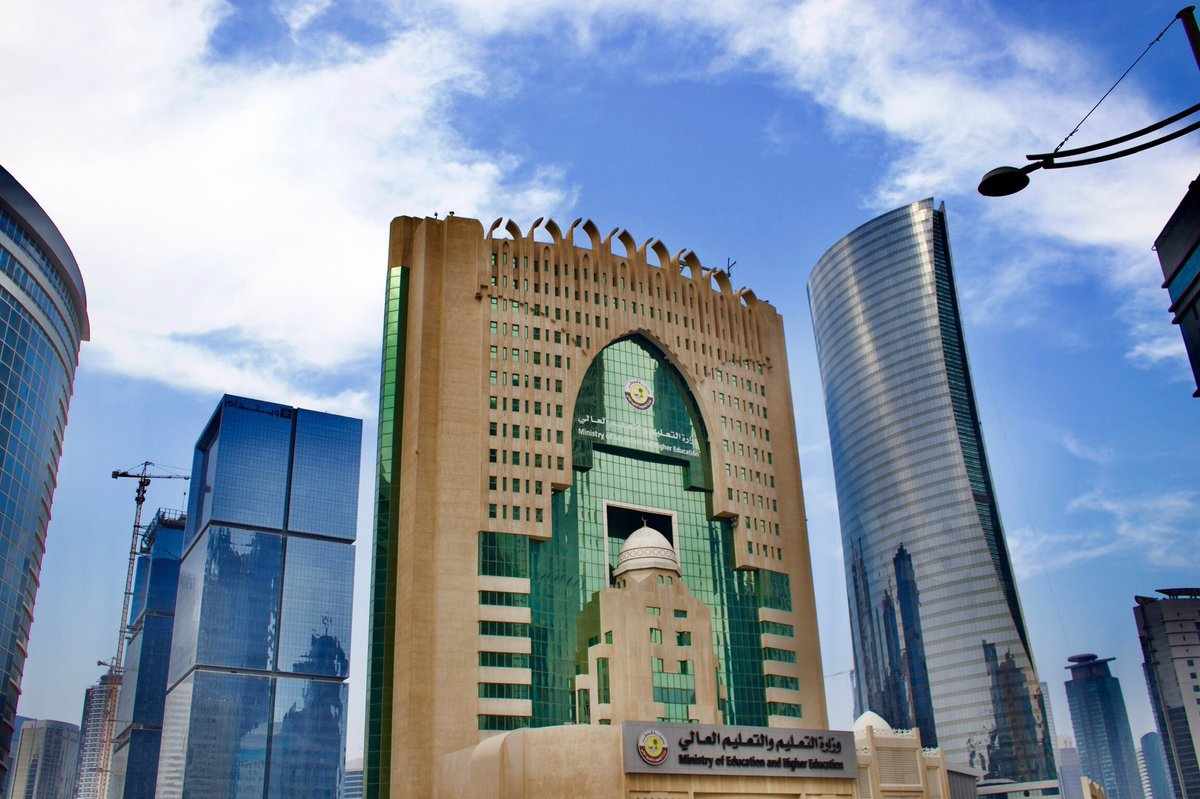GCC banks resilient to external funding outflows, geopolitical tensions
- Date: 24-Jun-2022
- Source: Zawya
- Sector:Financial Services
- Country:Qatar
GCC banks resilient to external funding outflows, geopolitical tensions
Most GCC banking systems can withstand substantial external funding outflows without additional support, as political disruption tends to trigger investor risk aversion and prompt capital outflows from banking systems in higher-risk markets, said a new report released on Thursday.
Global rating agency S&P said banks in the Gulf Cooperation Council (GCC) have remained remarkably stable and the largest funding item – private domestic deposits – has increased year-on-year over the past three decades, despite a series of disruptive regional events, including Yemeni civil wars, Arab Spring, Iraq war, Qatar boycott, and Houthi attacks.
On average, banks in the GCC comprise about one-third of their economies' total external liabilities, with Oman and Saudi Arabian banks contributing under 10 per cent to total liabilities and Qatari and Kuwaiti banks over 40 per cent.
The UAE, Kuwaiti and Saudi Arabian banking systems are in modest net external asset positions, while Oman's banks are small net debtors. Bahrain's retail banks and the Qatari banking system are in a more material net external debt position, S&P said.
“Even though some vulnerabilities are on the rise, including continued external funding growth, a potentially increasing proportion of expatriate deposits, and reduced coverage from potentially supportive sovereign assets to funding bases, our



















